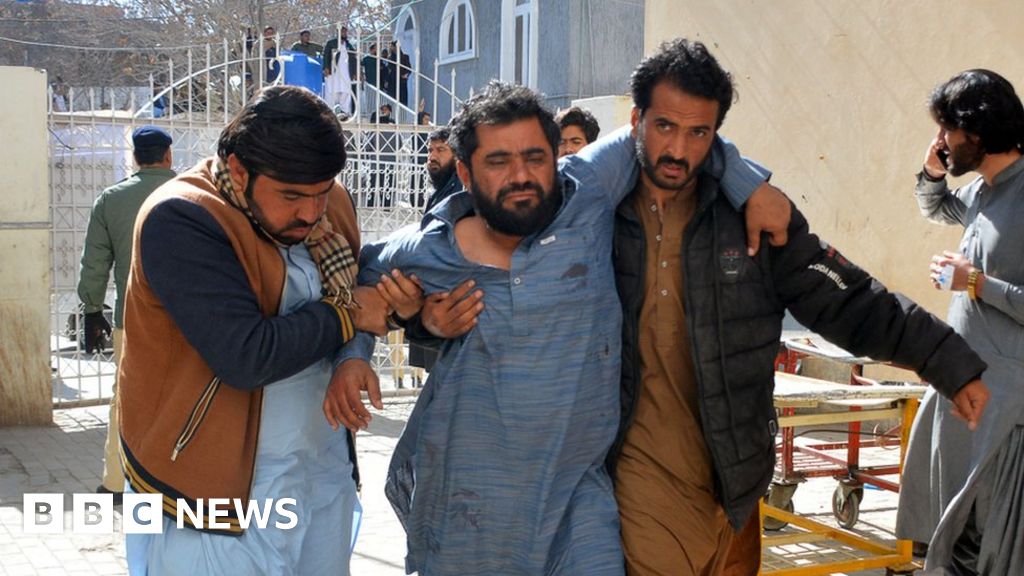
Pakistan is preparing for elections on February 8th, but the country has been plagued by violence and attacks against election-related activities. Two separate explosions outside election offices in Balochistan Province killed at least 28 people and wounded dozens more on Wednesday, a day before the vote. The first blast occurred outside an office of independent candidate Asfandyar Kakar's campaign in Pishin district near the border with Afghanistan, killing 14 people. The second explosion took place outside an election office of Jamiat Ulema-e-Islam (JUI) in Qila Saifullah, a neighboring district that also borders Afghanistan and killed at least 12 people. No group has claimed responsibility for the blasts.




